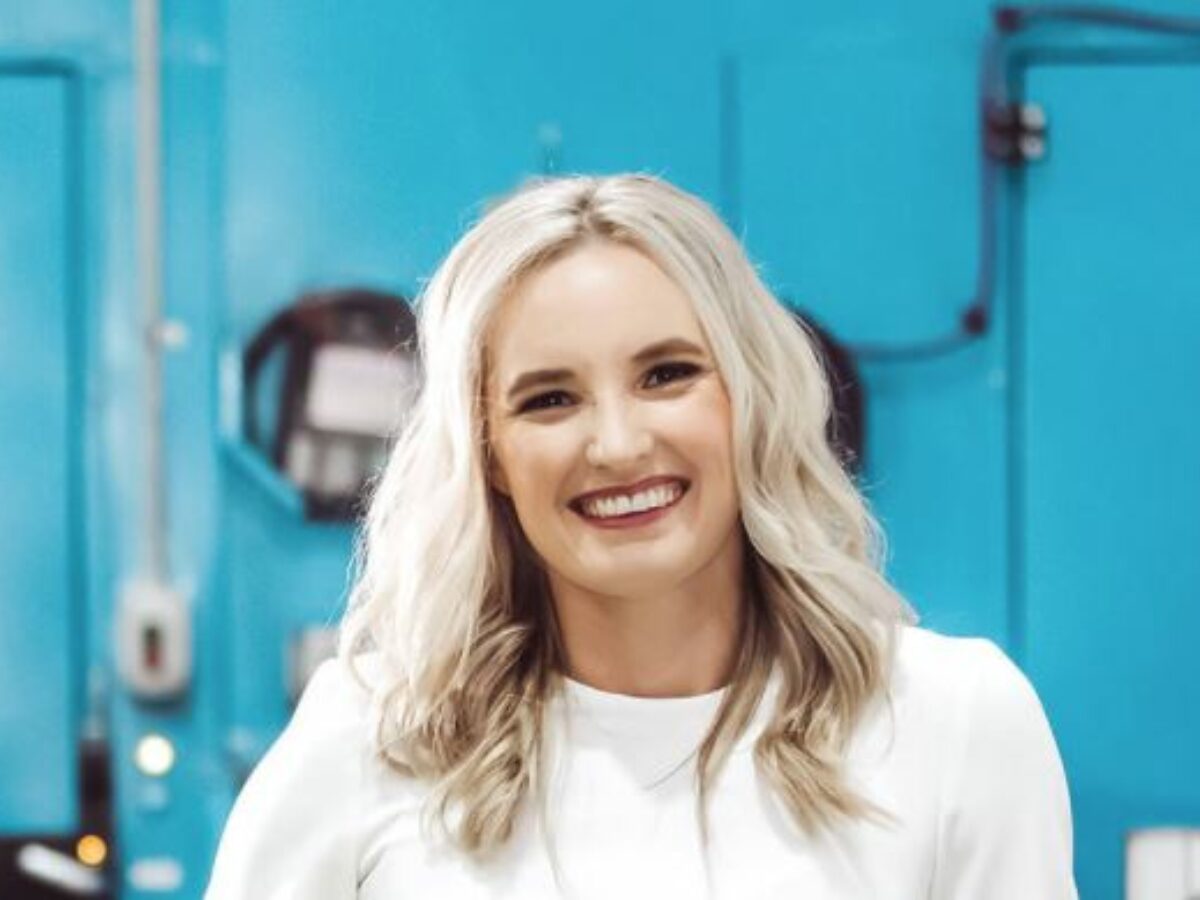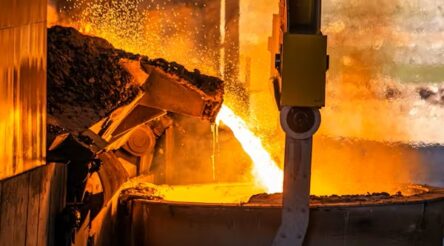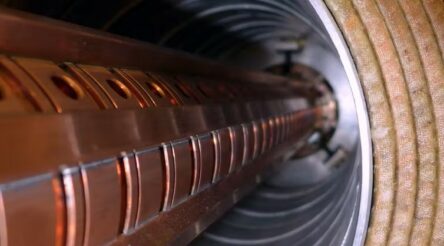Vanadium flow battery pilot opens doors for manufacturers – by Shay Chalmers

By Shay Chalmers
Challenges in global supply chains have highlighted the importance in sovereign capability.
Our country is rich in renewable energy resources – solar, geothermal, biomass, wind, and hydro which means that we are on the cusp of a huge opportunity.
We have entered a new era for Australia’s developing battery storage industry, thanks to an exciting collaboration and project I’m involved in.
Led by Future Battery Industries CRC, with QUT, research partners, state and federal government, the project allows researchers to test and develop safety standards for vanadium flow batteries.
This is being conducted at Freedom's Vanadium Flow Battery Pilot Manufacturing plant (the National Battery Testing Centre).
The advantages of vanadium batteries outweigh those of traditional battery storage by far – they hold 100 per cent capacity retention, and offer a lifetime of around 25 years and ease of scalability,.
A switch to vanadium batteries and other renewables could save the Australian industry over $1.6 billion a year.
Importantly, it would enhance the international competitiveness of Australian manufacturing through the creation of more manufacturing jobs in the Australian economy, as production requires moulders, metal workers, assemblers, engineers, and a continuum of mechanical and electrical trades.
QUT project lead and NBTC Director, Professor Peter Talbot said: “Due to their inherent advantages in large-scale energy storage, vanadium flow batteries have the potential to service the growing need for grid-scale energy storage solutions in Australia, supporting and stabilising the national electricity grid as renewable energy generators continue to roll out.”
The 30kWhr battery was provided by Multicom Resources Limited in partnership with StorEn Technologies Inc. (based in the US) as part of the Australian Renewable Energy Agency (ARENA) funded H2Xport project at QUT for use in their renewable hydrogen plant.
For the past few years, I have been working together with a global team to establish local manufacturing supply chains for the innovative product designed by StorEn.
Still in feasibility stage, we are excited to see the opportunities this project will bring to our local manufacturing community.
Cutting-edge technology developments such as this highlight the benefits of university and industry collaboration. We can leverage this opportunity to create strong local supply chains through the manufacture of future energy components.
With the strong government support, now is the time to collaborate and get these types of projects across the line.
Shay Chalmers is a keynote speaker and engineering management professional with years of global experience in the manufacturing environment. She holds a Bachelor’s and Master’s Degree in Engineering Management, and has held leadership roles in a steel mill in the USA, and with Cook Medical in production, process engineering and project management.
Picture: Shay Chalmers
Subscribe to our free @AuManufacturing newsletter here.
@aumanufacturing Sections
Analysis and Commentary Awards casino reviews Defence Gambling Manufacturing News Online Casino Podcast Technology Videos





